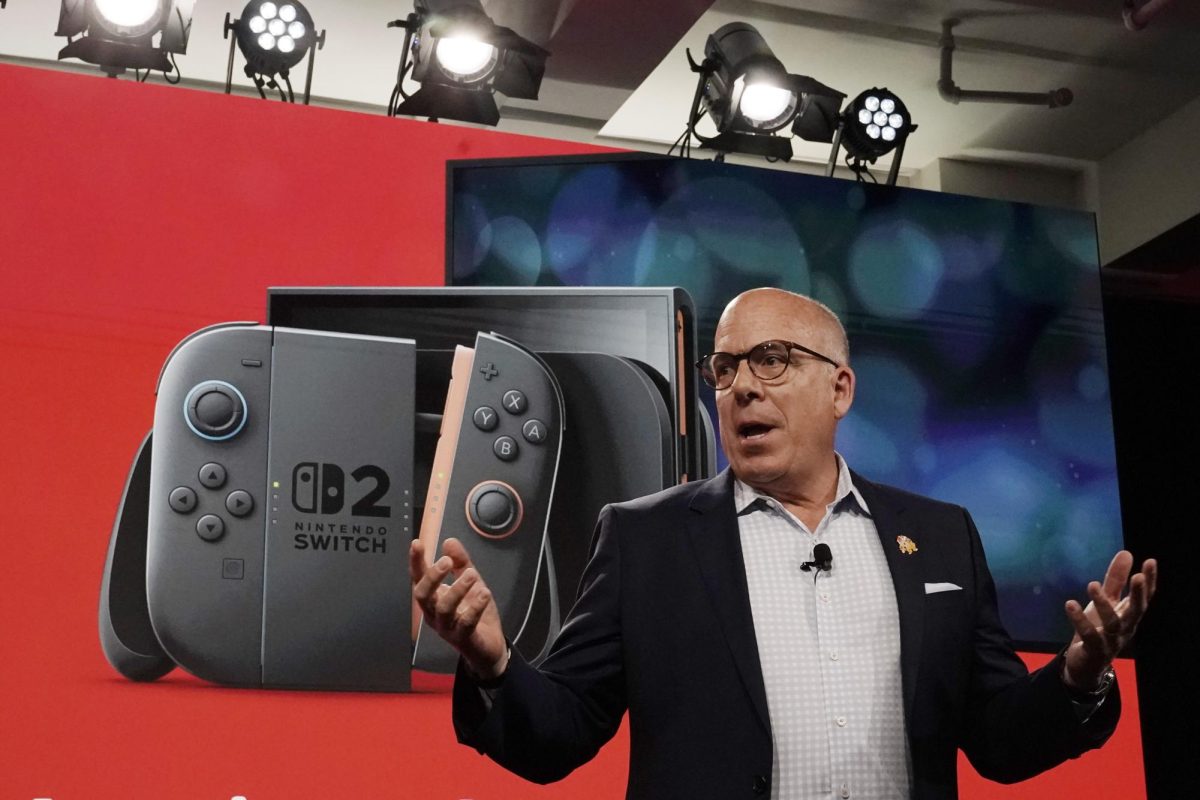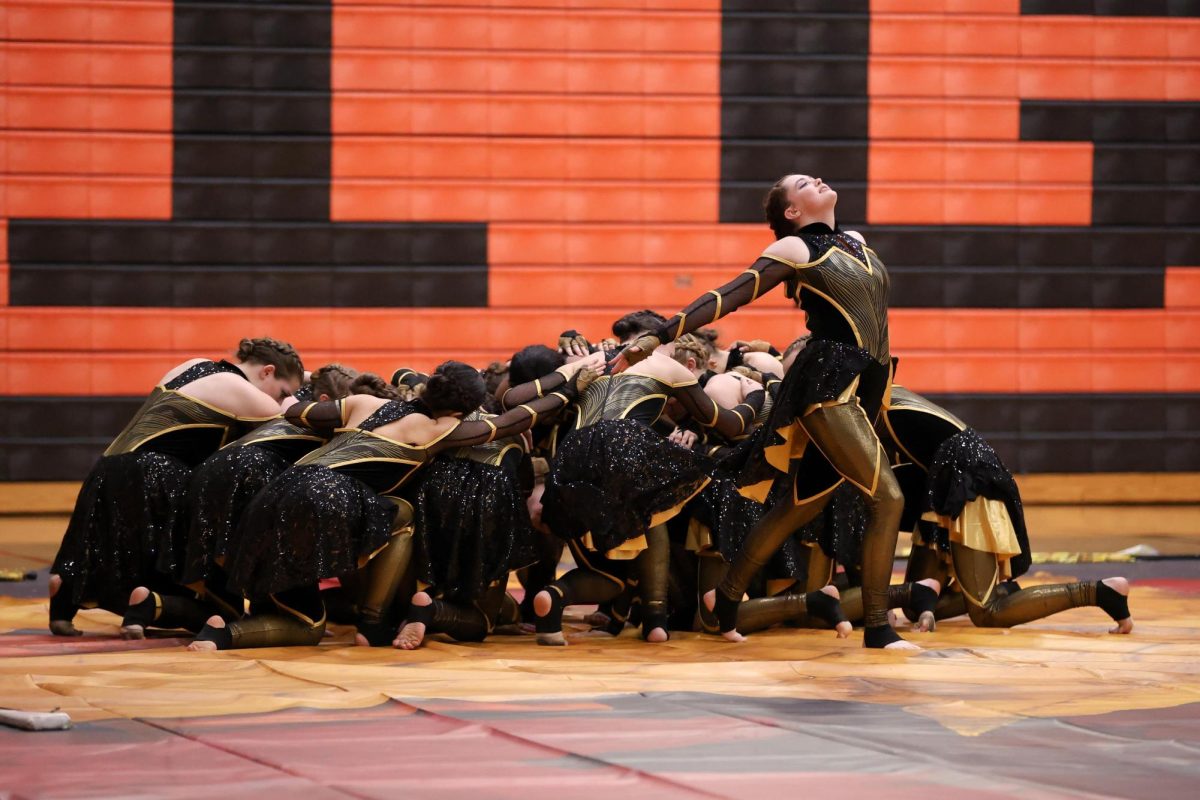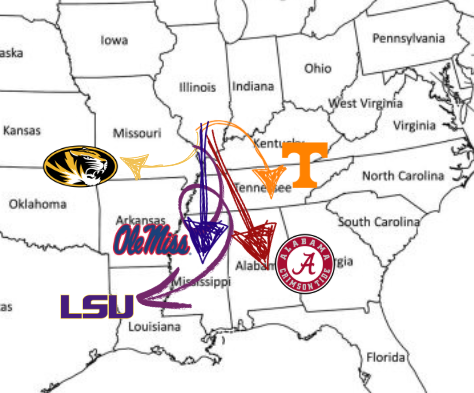Save Room for the Little Guy
April 14, 2023
The worlds’ universal language is starting to reek with conformity, as the music industry is growing exclusive to the juggernauts in the industry.
In the past, the music industry was dominated by a handful of major record labels that had significant power and influence over the industry. These labels controlled much of the distribution and marketing of music, which gave them a considerable advantage over smaller, independent labels and artists
Now, nearly every genre of music is dominated by a handful of giants. The centralized music industry even lacks competition between these figures, creating bland, unimaginative and conventional music that makes you think “Where have I seen this before?”
The industry is competitive at the bottom, with artists struggling to stand out and having issues such as signing an ill-advised record deal or trusting a shady manager. Near the top, there’s no need to scratch and claw for exposure or success.
“We should get bonuses like athletes to motivate the future artists to be consistent and competitive,” Grammy winning artist Drake said via his Instagram, after reaching a Spotify streaming milestone. “Feel free to send me a Lebron-sized check. I have enough dinner plates.”
This theory of commercializing a form of art may motivate massive artists like Drake to avoid getting complacent with their success. However, if streaming services keep force-feeding the big fish, who is making sure the underground artist is receiving what they have earned?
A healthy and equal form of competition between every artist can lead to more innovation and originality in music. Rewarding the popstars relays a negative message to anyone smaller than them. If every artist copied Drake with the intention of copying his LeBron-sized check, there would be less room for new and exciting ideas.
The quality of music will improve, as artists strive to create something new and innovative that will capture listeners’ attention. This could lead to greater diversity in music styles and genres, as artists experiment with different sounds and techniques to stand out from the crowd.
Without equal competition, artists and record labels may become complacent and less motivated to create new and innovative music. The quality of music is declining, and there is less diversity in musical styles and genres due to a greater disparity between large and small artists.
Avoiding stagnation is directly driven from competition. If every artist goes for the same sound, or tries to mimic another artist’s success story, the creativity and individuality that music is built on will become uniformity. We don’t need artists doing impressions of each other.












